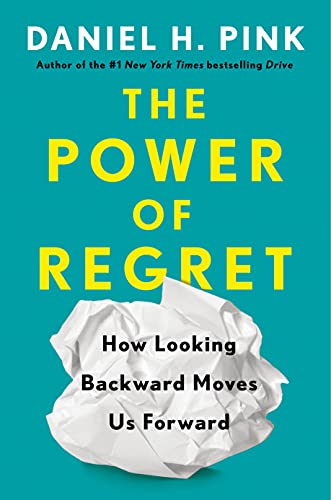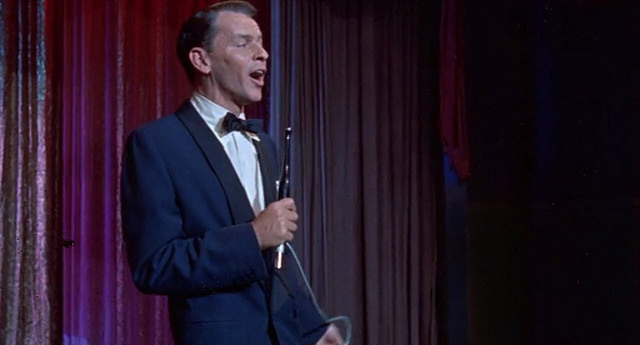“What the new year brings to you will depend a great deal on what you bring to the new year.”
—Vern McLellan, author, speaker, broadcaster, and musician
Charles Lamb is known for saying “New Years Day is every man’s birthday.”
To celebrate we get a fresh start and a “do over” if there are regrets about the year gone by.
Although this is a man-made point in time to begin again, why not use it since everyone else is on the same page and expects it?
To bring a new you to the new year, consider the wisdom of Tuli Kupferberg’s statement: ”When patterns are broken, new worlds emerge.”
EXERCISE:
What new worlds do you want to emerge?
What new patterns will you bring to the new year to realize this new world for yourself and others in your communities?







